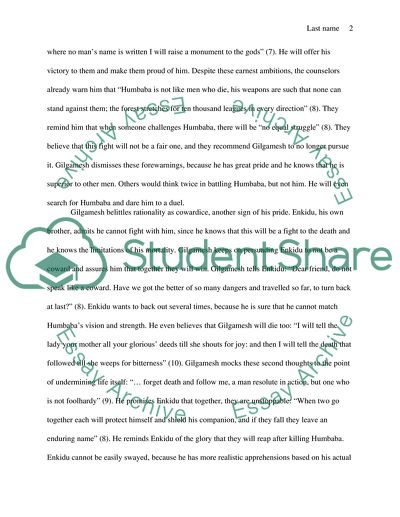Cite this document
(“Referring to the text, The Epic of Gilgamesh. Is Gilgamesh responsible Essay”, n.d.)
Referring to the text, The Epic of Gilgamesh. Is Gilgamesh responsible Essay. Retrieved from https://studentshare.org/literature/1579965-referring-to-the-text-the-epic-of-gilgamesh-is-gilgamesh-responsible-for-enkidus-death
Referring to the text, The Epic of Gilgamesh. Is Gilgamesh responsible Essay. Retrieved from https://studentshare.org/literature/1579965-referring-to-the-text-the-epic-of-gilgamesh-is-gilgamesh-responsible-for-enkidus-death
(Referring to the Text, The Epic of Gilgamesh. Is Gilgamesh Responsible Essay)
Referring to the Text, The Epic of Gilgamesh. Is Gilgamesh Responsible Essay. https://studentshare.org/literature/1579965-referring-to-the-text-the-epic-of-gilgamesh-is-gilgamesh-responsible-for-enkidus-death.
Referring to the Text, The Epic of Gilgamesh. Is Gilgamesh Responsible Essay. https://studentshare.org/literature/1579965-referring-to-the-text-the-epic-of-gilgamesh-is-gilgamesh-responsible-for-enkidus-death.
“Referring to the Text, The Epic of Gilgamesh. Is Gilgamesh Responsible Essay”, n.d. https://studentshare.org/literature/1579965-referring-to-the-text-the-epic-of-gilgamesh-is-gilgamesh-responsible-for-enkidus-death.


